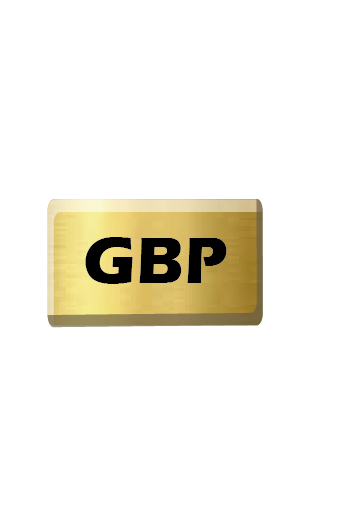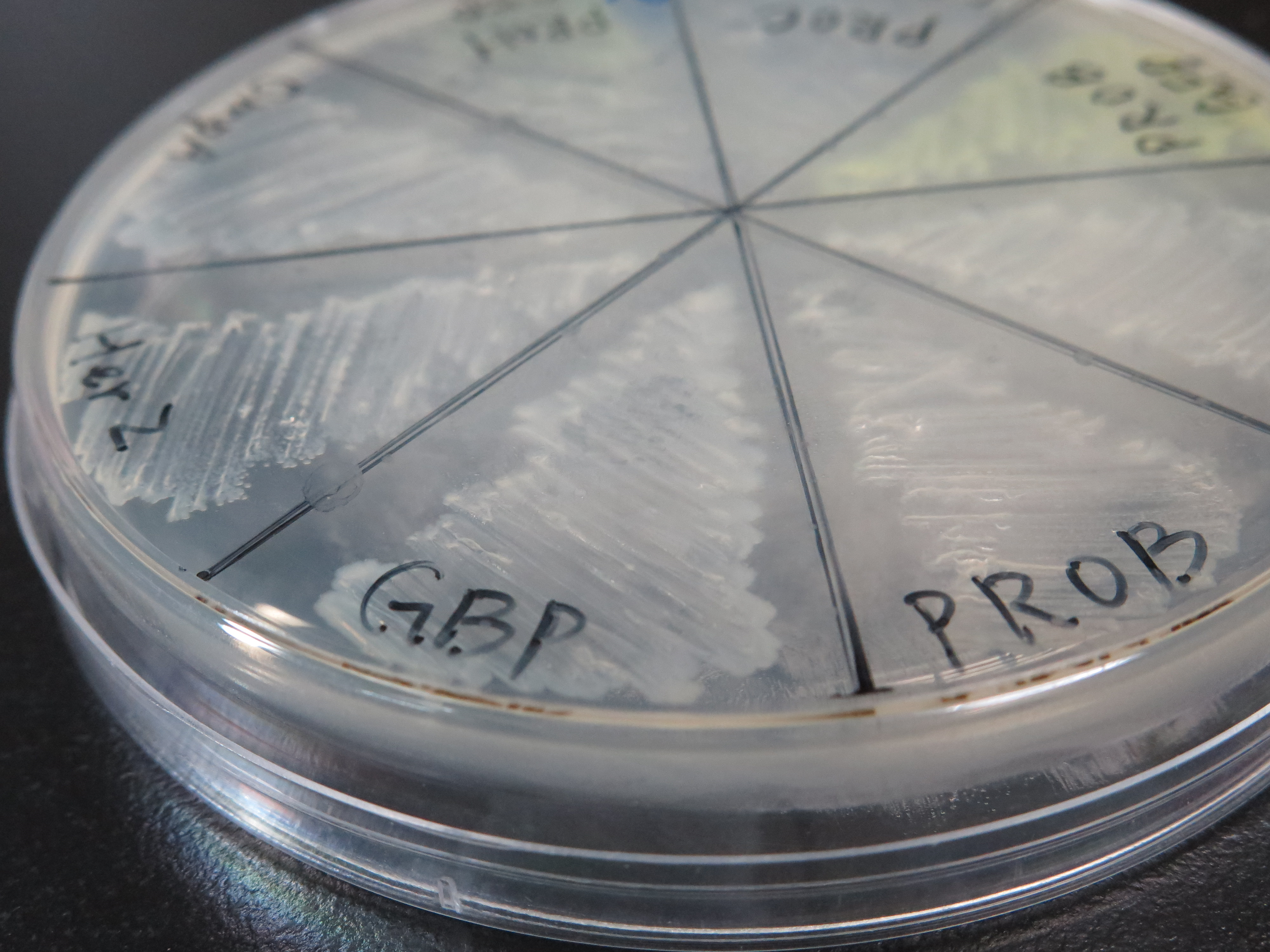Difference between revisions of "Part:BBa K1694006"
| Line 16: | Line 16: | ||
After receiving the DNA sequences from the gene synthesis company, we recombined each GBP gene to PSB1C3 backbones and conducted a PCR experiment to check the size of each of the GBP. The DNA sequence length of the GBP is around 100~150 bp. In this PCR experiment, the GBP products size should be near at 350~400 bp. The Fig.2 showed the correct size of the GBP, and proved that we successful ligated the GBP sequence onto an ideal backbone. | After receiving the DNA sequences from the gene synthesis company, we recombined each GBP gene to PSB1C3 backbones and conducted a PCR experiment to check the size of each of the GBP. The DNA sequence length of the GBP is around 100~150 bp. In this PCR experiment, the GBP products size should be near at 350~400 bp. The Fig.2 showed the correct size of the GBP, and proved that we successful ligated the GBP sequence onto an ideal backbone. | ||
| − | [[File:EXGBP.png|600px|thumb|center|'''Fig.3''' | + | [[File:EXGBP.png|600px|thumb|center|'''Fig.3'''Plate of gold binding polypeptide]] |
<br> | <br> | ||
<br> | <br> | ||
Revision as of 18:13, 19 September 2015
Gold Binding Polypeptide
Introduction
The gold binding polypeptide, abbreviated as GBP, is the three-repeated of following 14 amino acid sequences MHGKTQATSGTIQS, which has developed in an E.coli cell-surface display system for several years.[1] The recent computation study demonstrated that multiple repeats of GBP have higher affinity to gold surface because of a high degree of conformational flexibility, which can make the binding much stronger. The mechanism of the connection between GBP and gold metal plane is still unknown. By using Molecular Dynamics (MD), it indicates that GBP, with the structure of antiparallel β-sheet, can recognize gold surface via OH-binding. It seems that the hydroxyl as well as amine ligands on GBP can recognize the atomic lattice of gold, aligning the molecule along the variants of a six-fold axis on the Au (111) surface.[2] A separate study also found out the fact that the water molecules played the important roles for the surface recognition by the side chain and hydration layer of the peptides to reach the better binding. [3]
Reference:
[1] Molecular characterization of a prokaryotic polypeptide sequence that catalyzes Au crystal formation, John L. Kulp III,a Mehmet Sarikayab and John Spencer Evans, Journal of Materials Chemistry(2004)
[2] Assembly of Gold-Binding Proteins for Biomolecular Recognition, Zareie HM1,2* and Sarikaya M3, Austin Journal of Biosensors & Bioelectronics (2015)
[3] Thermodynamics of Engineered Gold Binding Peptides: Establishing the Structure−Activity Relationships, Urartu Ozgur Safak Seker, Brandon Wilson, John L. Kulp,§ John S. Evans, Candan Tamerler, and Mehmet Sarikaya(2014)
Experiment
After receiving the DNA sequences from the gene synthesis company, we recombined each GBP gene to PSB1C3 backbones and conducted a PCR experiment to check the size of each of the GBP. The DNA sequence length of the GBP is around 100~150 bp. In this PCR experiment, the GBP products size should be near at 350~400 bp. The Fig.2 showed the correct size of the GBP, and proved that we successful ligated the GBP sequence onto an ideal backbone.
Sequence and Features
- 10COMPATIBLE WITH RFC[10]
- 12COMPATIBLE WITH RFC[12]
- 21COMPATIBLE WITH RFC[21]
- 23COMPATIBLE WITH RFC[23]
- 25COMPATIBLE WITH RFC[25]
- 1000COMPATIBLE WITH RFC[1000]



